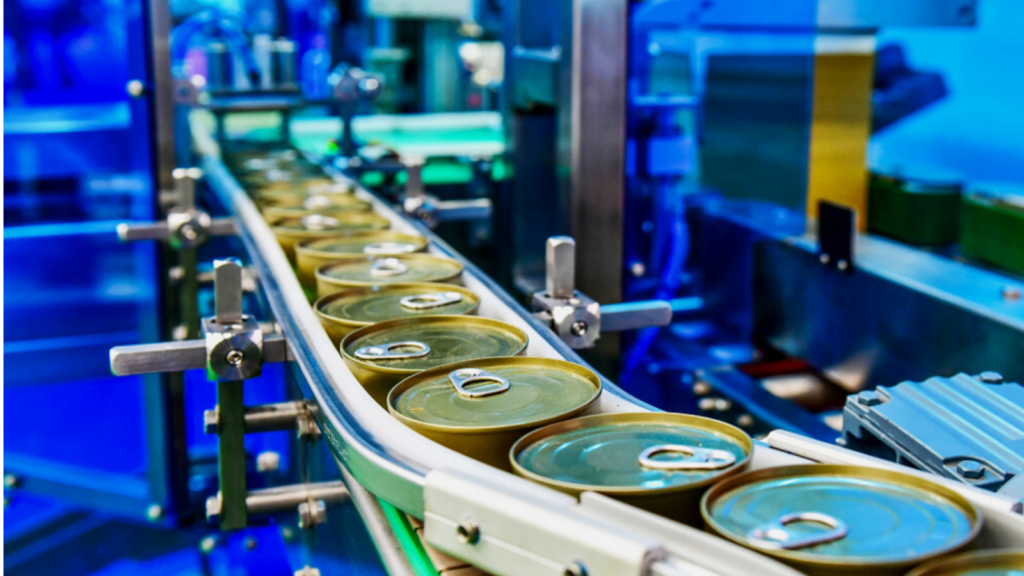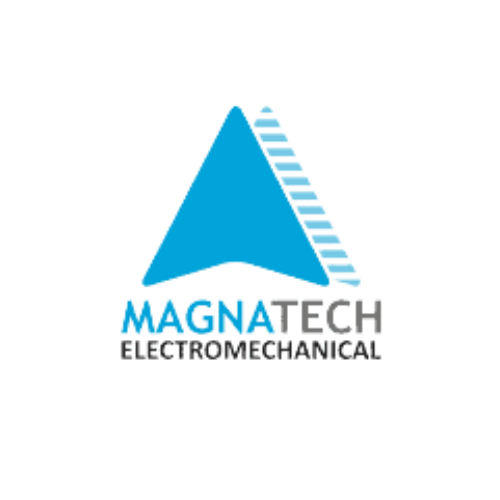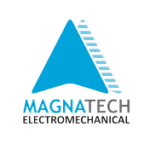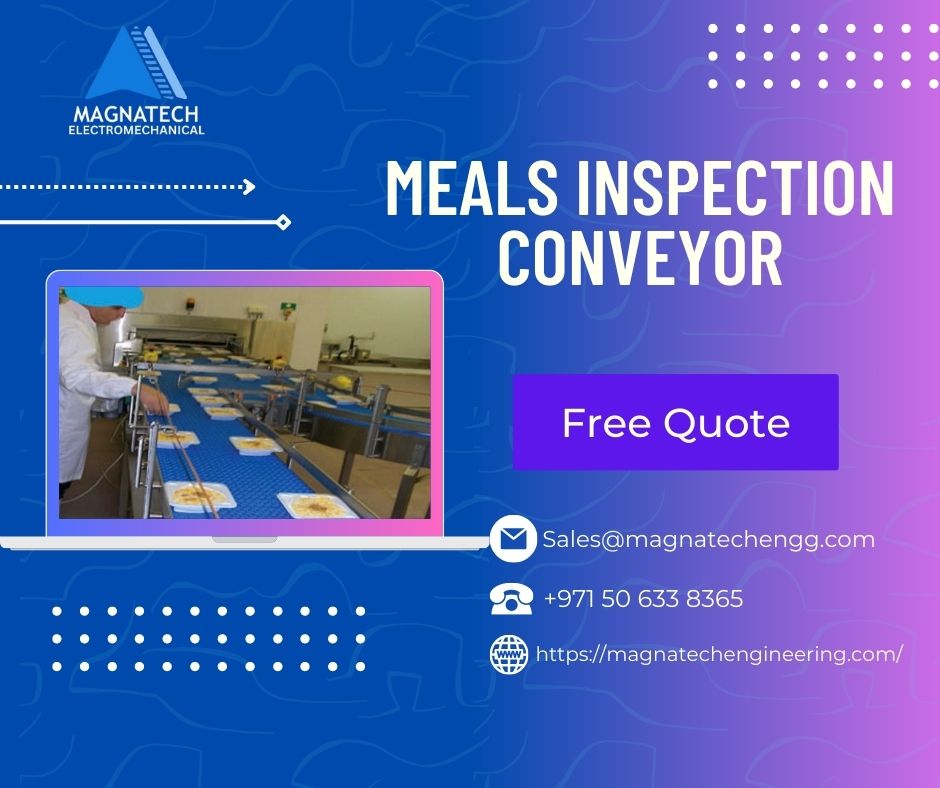Introduction
The food industry is highly regulated to ensure that the food that reaches the consumer is safe and of good quality. As a result, food safety inspections are conducted at various stages of the food production process. One of the critical steps in the inspection process is ensuring that the food is free from contaminants, foreign objects, and other impurities. This is where the Meals Inspection Conveyor comes into play. This article will discuss the benefits and drawbacks of using this technology in the food industry.
Future
The Meals Inspection Conveyor is a relatively new technology that is gaining popularity in the food industry. In the next ten years, we can expect to see a significant increase in the use of this technology. As food safety regulations become more stringent, food manufacturers will be looking for more efficient ways to ensure compliance. The Meals Inspection Conveyor provides an automated solution that can quickly and accurately inspect food products.

Advantage
- Increased Efficiency: The Meals Inspection Conveyor can inspect food products at a faster rate than manual inspection, improving efficiency and productivity.
- Improved Food Safety: The technology helps detect and remove foreign objects and contaminants that could cause foodborne illnesses, protecting consumers’ health.
- Cost Savings: By automating the inspection process, food manufacturers can save money on labor and reduce the risk of product recalls and associated costs.
- Consistency: The Meals Inspection Conveyor provides consistent inspection results, reducing the variability that may occur with manual inspection.
- Customizable: The technology can be customized to meet the specific needs of different food products, ensuring that the inspection process is tailored to the product being inspected.
Disadvantage
High Initial Cost: The Meals Inspection Conveyor can be expensive to install and maintain, making it a significant investment for food manufacturers.
Pros
- Easy to Use: The technology is user-friendly and does not require extensive training to operate.
- High Accuracy: The Meals Inspection Conveyor can detect even the smallest contaminants and foreign objects with high accuracy.
- Non-intrusive: The inspection process is non-intrusive and does not affect the quality or appearance of the food products.
- High Throughput: The technology can inspect a large volume of food products in a short amount of time, improving efficiency and productivity.
- Versatile: The technology can be used to inspect a wide range of food products, including raw materials, packaged goods, and finished products.
Cons
- Limited Application: The Meals Inspection Conveyor may not be suitable for all food products, such as those with irregular shapes or sizes.
- Maintenance Requirements: The technology requires regular maintenance to ensure optimal performance and prevent breakdowns, which can be costly.
Last Words
In conclusion, the Meals Inspection Conveyor is a valuable technology that can help improve food safety and streamline the inspection process in the food industry. While it has its advantages and disadvantages, the benefits outweigh the drawbacks. As food safety regulations become more stringent, we can expect to see more companies adopting this technology to ensure compliance and protect consumers’ health.
Email: Sales@magnatechengg.com
Tel: +97143404243
Mobile: +971 50 633 8365



[…] Output: Conveyors can increase production output, meeting the demand for bottled […]
[…] Meals Inspection Conveyor: […]